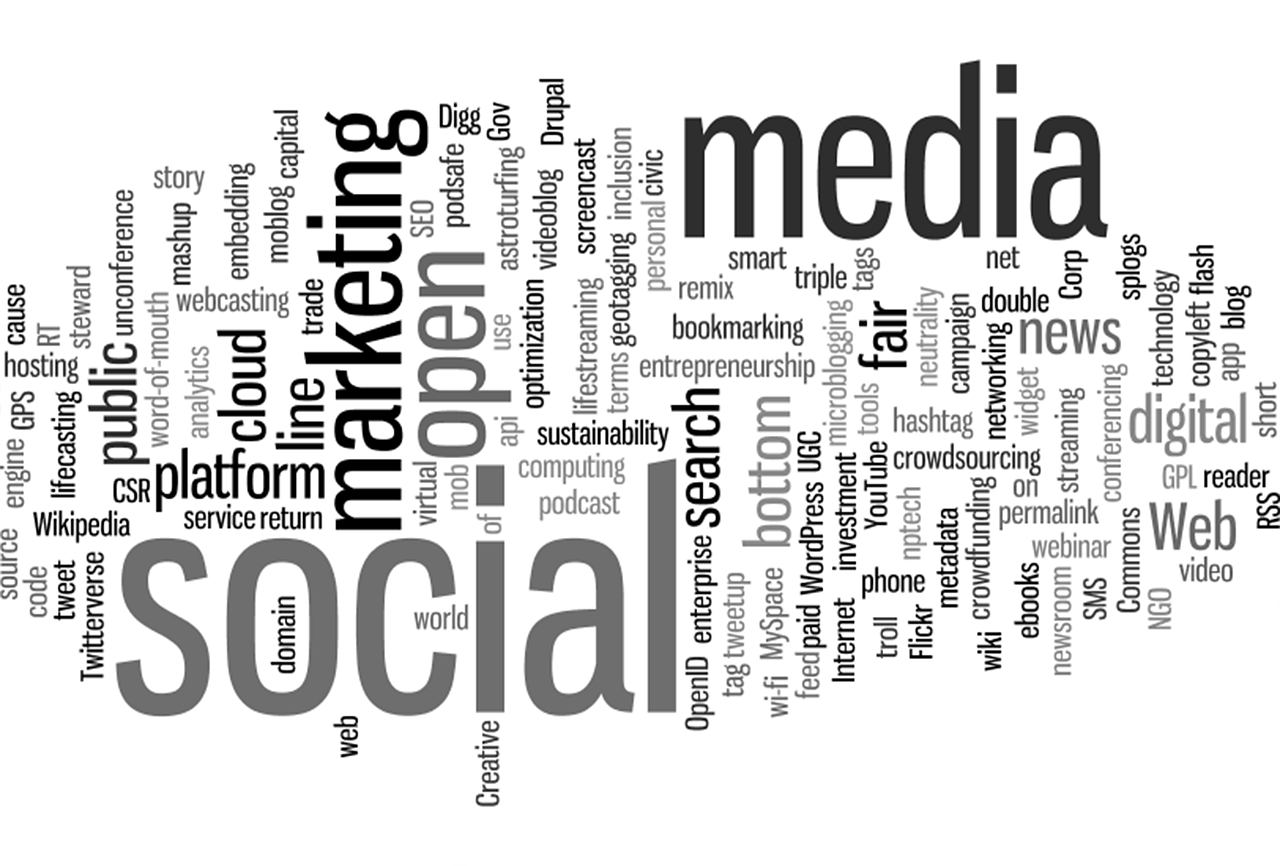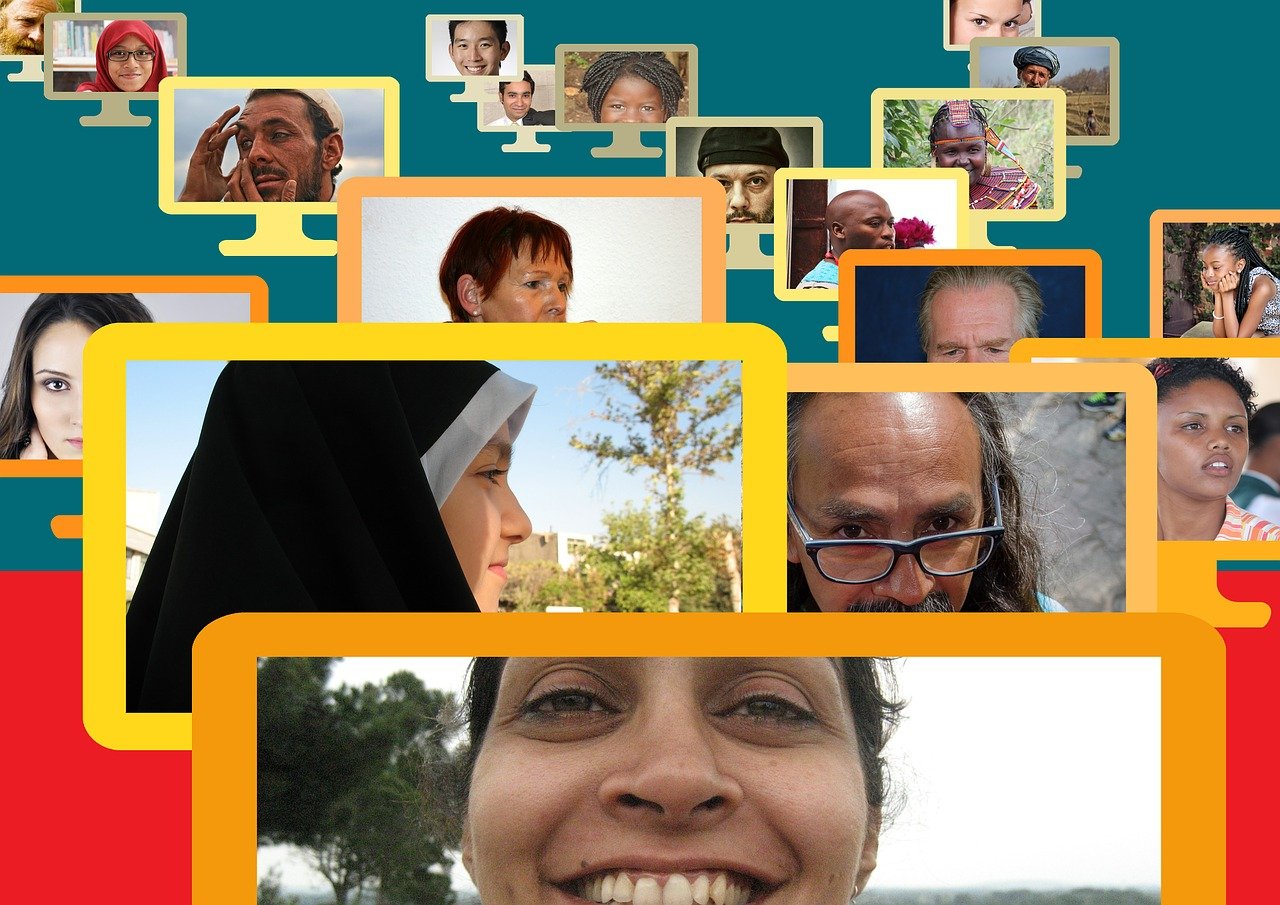
How to Responsibly Consume and Share Social News: A Helpful Guide
In today’s digital age, social news has become a significant part of how we consume information. With the rapid dissemination of news through social media platforms, blogs, and online forums, it is easier than ever to stay informed. However, this abundance of information also presents challenges. How do we responsibly consume and share social news? This guide will explore the best practices for engaging with social news to ensure that we contribute positively to the digital information ecosystem.
Understanding Social News
Social news refers to news content shared through social media platforms like Facebook, Twitter, and Reddit. Unlike traditional news platforms, where professional journalists and editors filter content, social news often bypasses these gatekeepers. This democratization of information means anyone can share news stories, leading to a diverse array of perspectives.
However, the lack of editorial oversight also increases the risk of misinformation and biased reporting. Thus, understanding the nature of social news is crucial. One must be aware of how social media influences news consumption and be prepared to critically evaluate the information presented.
Evaluating News Sources
Not all news sources are created equal. Some may have specific biases, while others might not adhere to journalistic standards. When evaluating news sources, consider the following:
- Source Credibility: Look for established outlets known for their rigorous journalistic standards. Verify the credentials of the authors and the transparency of the publication process.
- Balanced Reporting: Check if the news story presents multiple viewpoints rather than a single perspective. Balanced reporting often provides a more comprehensive understanding of complex issues.
- Fact-Checking: Utilize fact-checking organizations like Snopes and FactCheck.org to verify the accuracy of information.

Recognizing Fake News and Misinformation
Fake news and misinformation are rampant in the digital sphere. Recognizing these can prevent the spread of false information. Here are some tips:
- Check the Source: Verify if the news comes from a reputable source. Be cautious of websites with sensationalist headlines or those lacking contact information.
- Analyze the Content: Look for inconsistencies in the story, such as exaggerated claims, lack of evidence, or emotional language aimed at inciting fear or anger.
- Cross-Reference: Check if other reputable sources are reporting the same news. Legitimate news is usually covered by multiple outlets.
Engaging in Thoughtful Sharing
Sharing news responsibly is as important as consuming it. Before sharing news stories, consider the following:
- Verify Before Sharing: Ensure the information is accurate and from a credible source. Avoid spreading unverified news that can contribute to the misinformation cycle.
- Consider the Impact: Think about how the shared content may affect others. Sharing inflammatory or misleading news can have significant social consequences.
- Use Discretion: Not every piece of news needs to be shared. Assess whether the news is valuable and relevant to your audience.
The Role of Algorithms in News Consumption
Social media algorithms play a significant role in what news we see. These algorithms are designed to prioritize content that keeps users engaged, often leading to a filter bubble where users are exposed primarily to information that aligns with their existing beliefs.

To combat this, actively seek out diverse perspectives and engage with a variety of content. This practice not only broadens your understanding but also helps weaken the influence of algorithmic bias. For a more in-depth understanding of how algorithms affect news consumption, visit this resource.
Encouraging Media Literacy
Media literacy is an essential skill in navigating the modern news landscape. It involves the ability to critically analyze news content and understand the motives behind different media messages. Here are ways to enhance media literacy:
- Educate Yourself: Learn about how media works and the various techniques used to influence audiences.
- Participate in Workshops: Attend media literacy workshops or online courses to improve your skills.
- Encourage Critical Thinking: Engage with news content critically, questioning underlying assumptions and seeking out additional information.
Conclusion: A Responsible Approach to Social News
Consuming and sharing social news responsibly is crucial in today’s interconnected world. By evaluating sources critically, recognizing misinformation, and engaging in thoughtful sharing, we can contribute to a more informed and less polarized society. Understanding the impact of algorithms and fostering media literacy further empowers us to navigate the digital news landscape effectively.
Incorporating these practices into our daily routines will help create a more robust and reliable information ecosystem. As individuals, we hold the power to influence the quality of news shared in our networks, and with great power comes great responsibility.
Promoting Positive Online Engagement

Engaging positively with social news not only enhances personal understanding but also fosters a healthy online community. Here are some strategies to promote positive engagement:
- Engage Respectfully: When discussing news online, maintain a respectful tone, even when disagreeing. Constructive dialogue encourages open-mindedness and mutual respect.
- Encourage Diverse Opinions: Promote a space where different viewpoints can be shared without fear of judgment. This diversity can lead to richer discussions and a deeper understanding of complex issues.
- Be Mindful of Confirmation Bias: Be aware of your biases and strive to engage with content that challenges your perspectives. This practice can lead to more balanced viewpoints and a reduction in echo chambers.
The Importance of Digital Well-being
Spending significant time consuming social news can impact mental health and overall well-being. It’s crucial to balance digital consumption with other aspects of life:
- Set Boundaries: Limit the time spent on social media and news websites to prevent information overload.
- Take Breaks: Regular breaks from digital devices can help reset the mind and reduce stress associated with constant news consumption.
- Practice Mindfulness: Engage in activities that promote mindfulness, such as meditation or exercise, to maintain a healthy mental state.
For more insights on maintaining digital well-being, refer to resources such as mindfulness techniques that can help balance your online and offline life.
The Role of Technology Companies
Technology companies have a significant role in shaping how news is consumed and shared. Their algorithms and platform policies can influence what content becomes viral:
- Transparency: Companies should be transparent about their algorithms and how they prioritize news stories.
- Combating Misinformation: Platforms need to actively combat misinformation by flagging false stories and promoting verified content.
- User Education: Offering tools and resources to help users identify credible news can empower them to make informed decisions.

Engaging with initiatives and reports from organizations like New America can provide further understanding of how technology companies are addressing these challenges.
A Call to Action
As consumers and sharers of social news, it is our responsibility to foster a more informed and respectful digital environment. Each individual has the power to influence the quality of information in their networks. By being mindful of our consumption and sharing habits, we can contribute to a healthier information ecosystem.
Start by implementing the practices outlined in this guide. Evaluate sources critically, engage with diverse perspectives, and share responsibly. Encourage others to do the same, and together, we can create a more informed and less polarized society. By taking these steps, we not only enhance our understanding but also promote a culture of truth and respect in the digital age.
Building Community Trust
Community trust is an essential component of a healthy social news environment. When communities trust the information they encounter, it fosters a more cohesive and cooperative online space. Here are ways to build and maintain this trust:
- Transparency in Communication: Clearly communicate the sources of your information when sharing news. Providing context can help others understand the credibility of the content.
- Support Local Journalism: Local news organizations often provide more accurate and relevant reporting for their communities. Supporting these outlets can help sustain diverse and reliable sources of information.
- Encourage Accountability: Hold yourself and others accountable for the information shared. Encourage the correction of misinformation and the acknowledgment of errors when they occur.

To learn more about the importance of community trust in journalism, consider exploring resources about trust in journalism.
Future Trends in Social News Consumption
As technology and society evolve, so too will the ways we consume and share social news. Here are some trends to watch for in the future:
- Increased Use of AI: Artificial intelligence will play a larger role in curating content and combating misinformation. AI tools can help verify stories and identify fake news, although they also present challenges related to algorithmic bias.
- Emphasis on Data Privacy: As concerns about data privacy grow, consumers are likely to demand greater control over their personal information and how it is used in news algorithms.
- Rise of Decentralized Platforms: Decentralized social networks may gain popularity as users seek alternatives to traditional platforms that prioritize user control and content moderation.
Understanding these trends can help individuals and organizations prepare for the changing landscape of news consumption. For more insights, consider looking into future media trends.
Conclusion: Empowering Informed Citizens
In conclusion, responsibly consuming and sharing social news is crucial for creating an informed and respectful digital community. By critically evaluating sources, recognizing misinformation, engaging positively, and understanding future trends, we empower ourselves to become more informed citizens.
With the ongoing evolution of technology and media, it is essential to remain adaptable and proactive in our approach to news consumption. By fostering transparency, supporting reliable sources, and promoting digital literacy, we can collectively contribute to a healthier information ecosystem. Let us take the responsibility seriously and work towards a future where truth and understanding prevail in the digital sphere.
Thank you for reading this guide, and for your commitment to responsible news consumption. Together, we can build a community that values accurate information and respectful discourse.







